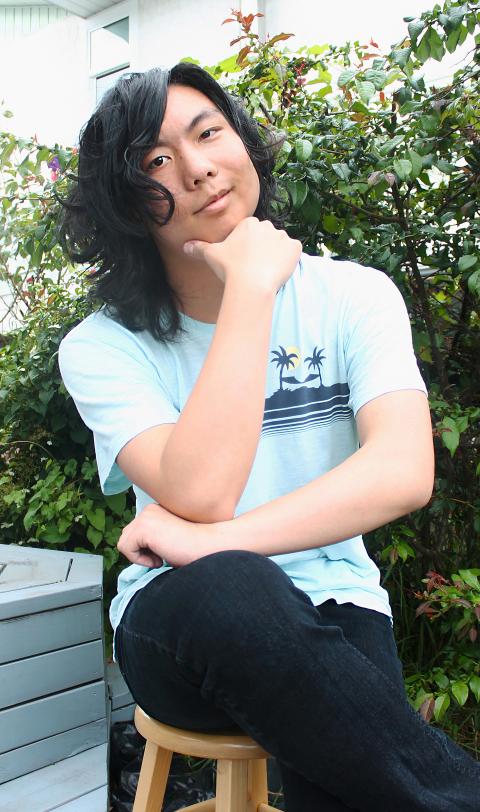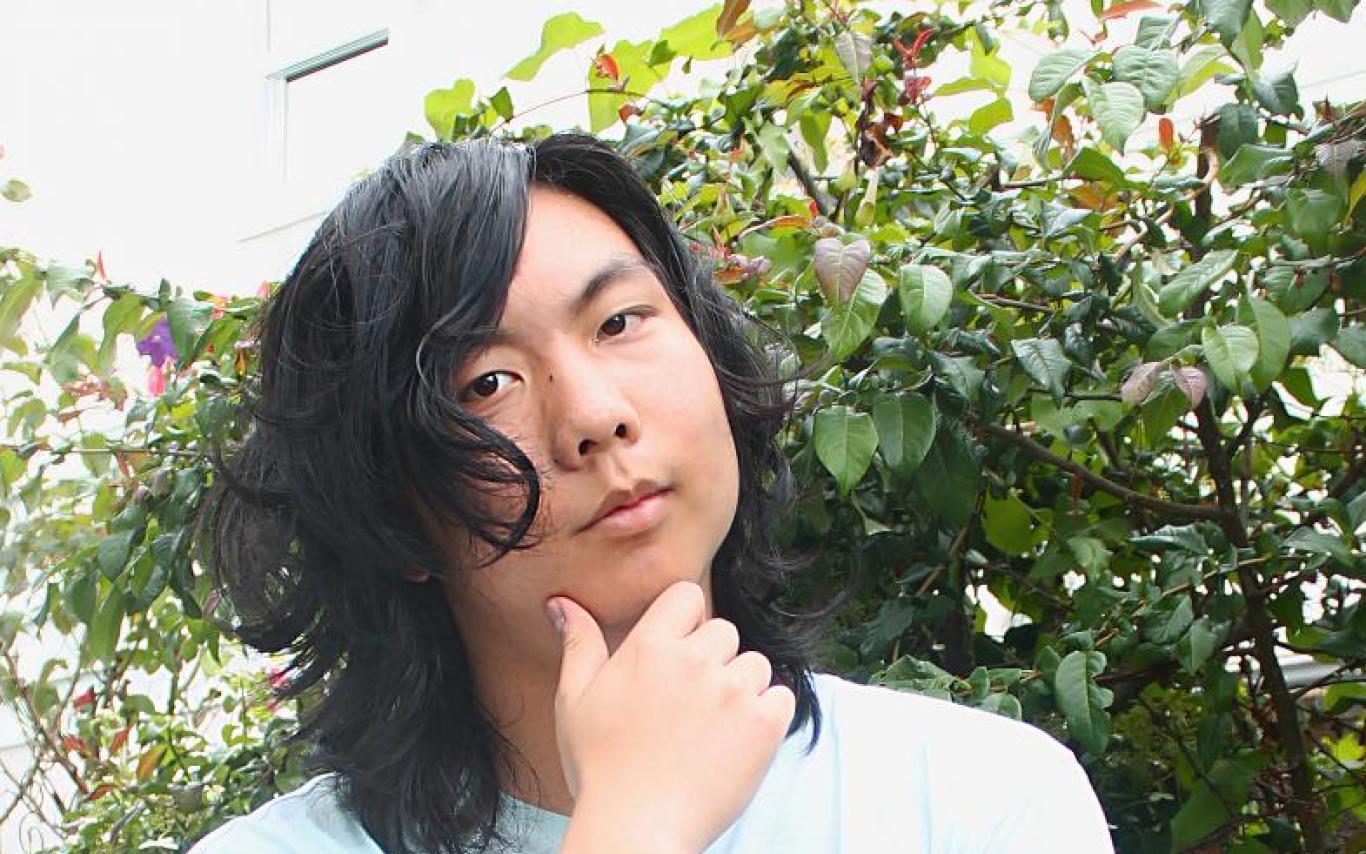Paul Wu says the program helped him with the application process
Paul Wu received one of Canada’s most coveted scholarships for undergraduate students pursuing STEM studies – the Schulich Leader Scholarship.
He received $100,000 to study at Queen’s University, one of the 20 partner universities involved in the program. Every high school in Canada can nominate a graduating student to apply for the scholarship and each year 1,500 students compete for the scholarship and only 100 are awarded.
Paul was a VIU Dual Credit student who graduated from Nanaimo District Secondary School (NDSS) this June. VIU’s Dual Credit program allows students to get university course credits while still in high school. Paul believes taking the ENGL 115 University Writing and Research course, taught by Dr. Amelia Horsburgh, helped him with his application.
“I applied only a month or so after the end of your course. I therefore believe that the course helped me communicate the right ideas to convince people to give me large sums of money,” says Paul. “I believe Professor Horsburgh contributed in many ways to my current success through her passion, kindness, knowledge and care for her students.”
We caught up with Paul to talk about his experience at VIU and his future plans.

What made you decide to take a VIU class as a dual credit student?
One of the major reasons I decided to take a couple of university courses was to help me smooth out my transition into post-secondary. It seemed a bit rough to come out of summer right into a full five-course semester before knowing exactly what I was getting myself into. Taking a couple of courses at VIU also meant that I could get some transfer credits. These would come in useful if I wanted to reduce a future semester’s workload by having one course less without impacting my graduation timeline or general scheduling. I additionally wanted to have something to compare my other university experiences with, such as how does X university differ from, improve upon, or is worse than what I experienced at VIU. There is no harm in having more perspectives!
Was there anything that surprised you about a university course while you were taking the course?
They’re a lot shorter for one. From the little that I did experience, the classes were far more welcoming and calm than those in high school. You’re also expected to do significantly more at home/outside of class. I am quite glad that the general quantity of work that needed to be handed in was significantly less than what I am used to. Other than those points though, there wasn’t too big of a culture shock for me.
How did you come to apply for the Schulich scholarship?
I first heard about the scholarship from one of my friends last year. I was not planning on applying originally; often we think of those who win such awards to be close to our idea of a “perfect student,” and I certainly did not fit such a title. My next encounter with the Schulich Leader Scholarship was when my French teacher, Ms. Patricia Rivard, brought it up one day. She mentioned it due to our class’s unique situation. I am a student in our school’s francophone program, as I am from Quebec. This program counts as and is a separate school, which means that we could nominate our own student apart from the NDSS nominee. There were about seven Grade 12 students in the francophone program. No one else was absolutely certain to be entering STEM, so I was the obvious choice. I had a decent quantity of free time when applications for the scholarship began, so I decided to apply just in case my perception that I needed to be a “perfect student” to win was faulty. I’m glad I did because I was quite wrong.
How do you think what you learned helped you get the scholarship?
I took MATH 121 and ENGL 115. The math course was not particularly helpful to me in composing persuasive essays, though I would like to thank Professor Pugh for a pleasant, light and informative class. I took ENGL 115 taught by Professor Horsburgh in fall 2022. My English education had been patchy at best before that. Living in Quebec most of my life, along with COVID, did not provide me with strong fundamentals for my writing. University Writing and Research forced me to work on my literary weaknesses, be it logical, structural or my myriad other flaws. I am by no means perfect now, nor am I anywhere close to true English proficiency after a single first-year course, but the start of being able to learn is to know where you aren’t too knowledgeable. I had a tremendous amount of support from my friends and teachers in my application to the scholarship. Though often I could not properly rephrase a sentence, I could tell when one didn’t quite flow properly, so I could ask for help with it. I attribute a lot of my success to spotting some of the flaws in my writing and, slowly but surely, working through them.
What are you studying at Queen’s?
Computer science/artificial Intelligence! I have loved writing for quite a while now, but my talents orient me towards the field of technology, as I’m looking to improve the world as much as I can. I’ll always write in my spare time, whatever I end up doing. I go for any writing contest I find, and I even win some of them occasionally. As the question often arises, I would like to claim that being a good writer will always be a valuable skill, no matter the advances we make in large language models. I wouldn’t want an AI to write my love letters, and being a competent writer just generally allows you to communicate with others better.




